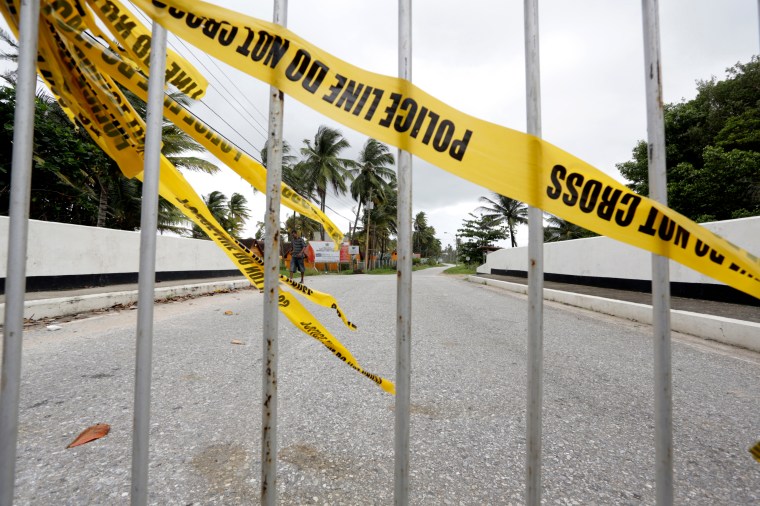On January 13, 2021, the Trinidad and Tobago High Court found that a police raid on the headquarters of the Daily Express newspaper the previous March was unconstitutional and infringed on the outlet’s right to press freedom, according to media reports and the court ruling.
On March 11, 2020, a team of seven police officers raided the newspaper’s offices in the capital, Port of Spain, and seized several USB flash drives, according to media reports from the time and the ruling.
The raid occurred days after the Daily Express published two articles covering alleged corruption by Acting Police Commissioner Irwin Hackshaw, stating that he was connected to suspicious financial transactions totaling about $2 million, according to those reports.
Those Daily Express reports prompted police to open a leak investigation, which resulted in the raid, according to the ruling. The ruling also stated that, at the time those reports were published, Hackshaw was already under investigation by the Financial Intelligence Unit, an anti-money laundering government body.
Following the raid, on March 16, 2020, Trinidad Express, the newspaper’s parent company, filed a constitutional complaint against the attorney general, the commissioner of police, and Police Superintendent Wendell Lucas, who led the raid.
In the High Court ruling, Justice Frank Seepersad held that the search warrants obtained by the police to raid the outlet and the seizure of those USB drives were unconstitutional, as they infringed on the outlet’s right to protect source confidentiality and “failed to strike the required balance” between investigating the leak and respecting press freedom.
The ruling states that Trinidad Express is entitled to receive compensatory damages, at an amount to be set at a later date.
In an email to CPJ, Francis Joseph, from the Corporate Communications Unit of the Trinidad and Tobago Police, wrote that the department would not comment on the case because it was under appeal.
Kiran Maharaj, who at the time of the raid headed the Trinidad and Tobago Publishers and Broadcasters Association, and is currently the president of the Media Institute of the Caribbean, a regional press freedom organization, told CPJ via email that the judgement “has set the pace for independent media to better assert itself.”
She said the case set a precedent that “will better serve the overall position of journalistic purpose to report without fear or favour.”
CPJ emailed the Trinidad Express for comment, but did not receive any reply.
CPJ was unable to find contact information for Hackshaw. He was suspended from active police duty in September 2020, following recommendations by the Police Complaints Authority, and he retired from the force in November, according to news reports. He claimed those financial transactions were funds he had solicited to off-set the costs of official police functions, according to those reports.
